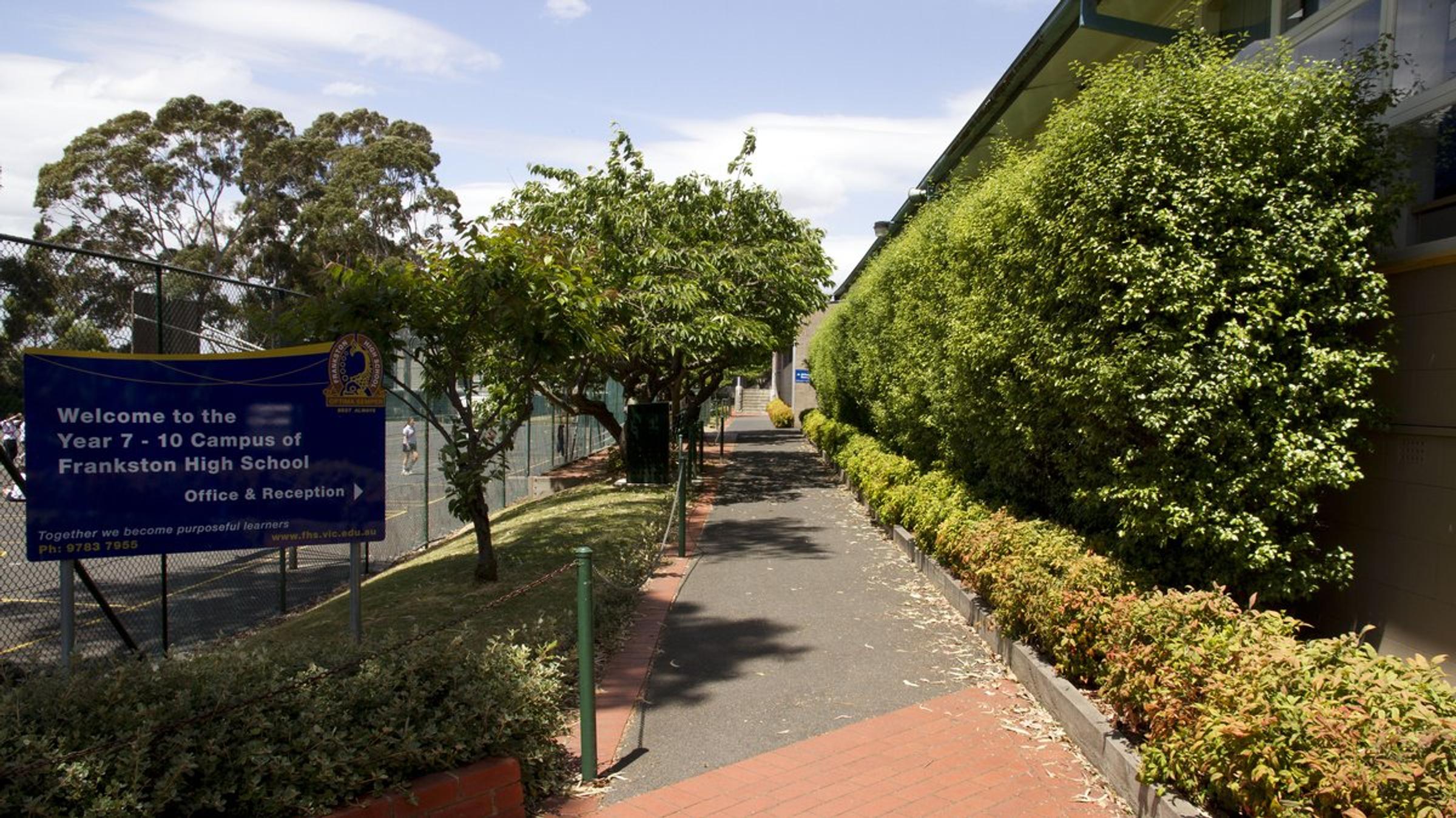Department of Education and Training Emergency Management

Suggestions for Addressing Children and Young Peoples’ Responses in Relation to Traumatic Events such as the Terrorist attacks in Paris
Children and young people will have seen and heard about the terrorist attacks that occurred in Paris on Friday 13 November 2015.
The authorities in France and countries around the world will help to support the people who have been impacted by this event.
Children often worry and know more than we realise. Adults may assume that children are doing okay if they don’t talk or ask questions about what has happened. Sometimes they have questions they may not ask unless we provide the opportunity.
Most children and young people will experience normal reactions to something that is distressing and with support from trusted adults around them these reactions will subside.
Routines are important when an event like this occurs. School can be very useful to support all children and young people.
Remember sometimes teachers and parents feel like we don’t have the answers. It is helpful to remind children and ourselves that there are people working hard to make the current situation better.
Exposure to Television, Print Media and Social Media
• Many children are likely to be unsettled by the images on television, in the print media and online media reports about the Paris terrorist attacks.
• It is important to understand what sense a child or young person makes of what they are seeing on television or hearing via the media (this includes social media) and what they are hearing in adult conversations.
• It is important to monitor the amount of news coverage they see and hear. Seeing the event over and over again can cause vicarious trauma to adults and children.
• Children and young people may experience sleeplessness and or nightmares about imagined consequences or images from television or print or social media coverage.
Responding to the Concerns of Children and Young People
• Children and young people may need to talk about what they have seen and heard. It is important that we listen to their concerns.
• Keep information factual and dispel any rumours. Don’t be afraid to tell them that you don’t have all the answers.
• Children and young people may need reassurance about their safety and the safety of those they care about.
• Teachers and parents should listen to the child or young person’s cues as to what they want to know about the terrorist attacks. It is important to be honest with children and young people in an age appropriate way.
• It is not unusual for young children to want to be close to those they love and care about.
• Older children will possibly want to discuss the events, it is advisable to clarify information and dispel rumours as this helps them to process the information more accurately.
Advice for Parents
• It is wise for you to monitor your child’s exposure to television coverage, print media and social media.
• Some children and young people will want to talk about the tragic events and try to make sense of what they have both seen and heard.
• Other children will avoid any discussion around the events and will be reassured by routine and normality.
• Remember the importance of routine, sleep, exercise and healthy eating.
There is a range of things you can do to assist your child during events such as this, including:
• Acknowledge that the event was distressing
• Reassure children that they are safe
• Look for signs of distress (e.g. some children/young people might be scared)
• Normalise responses - typical response will range from anger to general upset or sadness
• Maintain a normal routine - keeping the structure at home or at school in place
• Allow children to express feelings as they arise
• Telling stories about how people manage during difficult times can be helpful.
• Separate fact from fiction e.g. children may express fears about unrelated events.
• Plan relaxing activities before bed – talk your child through a gentle relaxation, this might include using soothing music and talking them through relaxing tension in their body or simply reading something to them that induces relaxation (i.e. a favourite book).
• Speak in hopeful terms – children and young people will often take their cues from their parents' reactions; if you are honest, calm, compassionate and open they will be much more able to trust that they will be okay.
Always remember the value of doing something with children that they like to do such as playing, exercising, being outdoors - have a time during your day to share time with your child.
Prepared by the Emergency Management Division, Department of Education and Training.
November 2015

